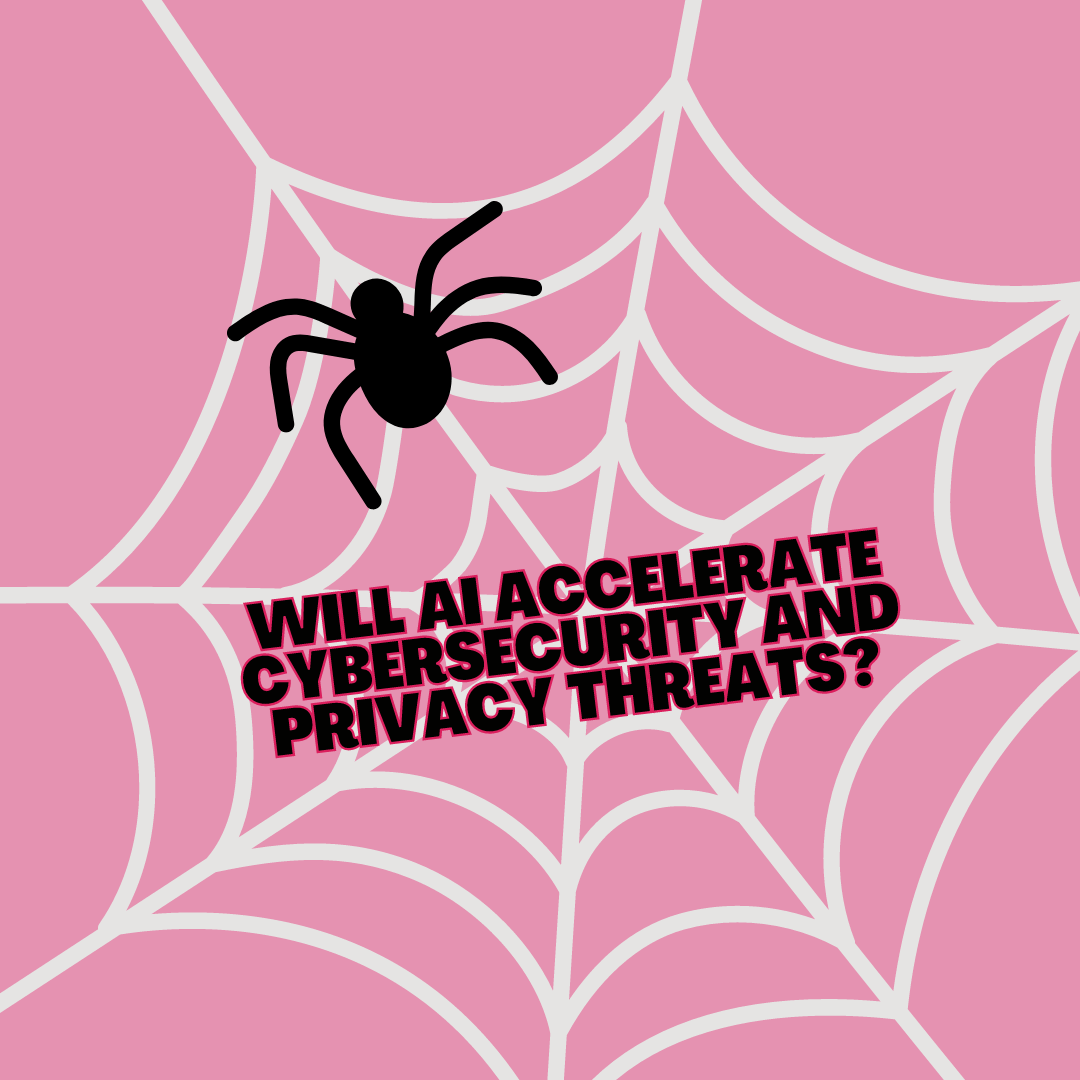How Quad9 is Protecting Election Integrity

DNS Threat Blocking has Become Integral to Election Security
Although online voting isn’t an option for the majority of federal, state, and local elections in the US, DNS services can still play a role in election security. As with most things, voters often turn to a candidate’s website for information surrounding their political platform. With over 168 million registered voters in the US and thousands of candidates, it should come as no surprise that malicious attempts to block access to a candidate’s information via their website in this case has become one of the latest bipartisan concerns in the political election arena.
How Does a Candidate’s Website Become Blocked?
In the case of Quad9 and presumably most other mainstream DNS services there are two types of threat lists that are used to block known malicious sites, public lists and commercial lists. As one might imagine, threats are populated on public lists by the general public. This opens the door for bad actors to register a candidate’s site as a known threat, thus leading to the site being blocked by DNS providers. In theory, this type of false positive can be prevented, but this requires scrubbing the entire list and verifying the legitimacy of a candidate’s site that appears on the threat list not exactly a quick and easy task.
How Has Quad9 Dealt with False Positives in the Past?
Quad9 experienced falsely blocked websites of political candidates for the first time during the 2018 election season. At both the federal and local levels, Quad9 recognized that there were legitimate candidate websites — on both sides of the political aisle — that were being blocked. Upon further investigation and verifying the legitimacy of the falsely blocked sites, Quad9 realized that the blocks originated from public threat lists, where bad actors had reported a candidate’s site as malicious, thus preventing traffic.
This realization initiated what would prove to be quite the daunting task of manually scrubbing their block lists for political candidates’ websites. One may question what makes this scrubbing process so difficult, and the answer is based on the breadth of a candidate’s reach. For example, a federal election, let’s say for congressional seats, is typically an easier scrub and verification process. This is because federal seats often have more resources at their disposal thus making the task of verifying the legitimacy of a falsely blocked URL through official campaign representatives much easier. On the other hand, contacting officials of local and often smaller elections can prove to be difficult and time consuming. The task of verifying local-reaching candidate websites is further complicated given the small window of time that it must be completed. This is due to the high frequency that candidates of smaller elections abandon their website after a campaign ends, especially those who weren’t successful.
After scrubbing their block lists during the 2018 election season, Quad9 identified between 40-50 candidate websites that were probable false positives, including then senatorial candidate, Beto O’Rourke. After confirming the site’s legitimacy with each candidate’s campaign, Quad9 then added the site to their permit list, thus clearing the way for unadulterated web traffic. These types of underhanded attempts to infringe on election integrity are all but guaranteed to become more prevalent in the future. In fact, Quad9 identified an attempt to block senate.gov during the 2021 U.S. senatorial elections.
How Does Quad9 Define Its Role in Election Security
It is easy to imagine how personal bias could quickly interfere with the power to control the access to information for a large swath of people. Fortunately, Quad9 takes a definitive and firm stance on this concern as a recursive DNS service. In terms of election security, Quad9 remains steadfast in their assurance to only serve as an entity that ensures all information is available to the public and will never position themselves as content monitors or moderators. In fact, they believe that content moderation should never occur at the recursive DNS level given the global and impactful nature of blocking content at this level.
Of course, Quad9 doesn’t support the spread of misinformation. In the event that you become aware of a site that is providing misinformation, Quad9 recommends contacting the site’s host or the entity providing the site’s authoritative DNS service (check out this article for more info on the differences between recursive and authoritative DNS). This approach will allow you to speak with someone who actually has some access to the site’s content instead of the alternative which is blocking everything coming from a domain. Ultimately, Quad9 feels that everyone is entitled to their opinion and should have the freedom to express it.
Quad9’s Election Security Challenge to Other DNS Services
Quad9 believes that they are the only DNS provider who delivers this level of additional oversight in the prevention of falsely blocked political candidate websites — at least for U.S. elections. This said, in the event there are other DNS services who also take similar measures to promote democracy and ensure the freedom of access to information, Quad9’s call to action is simply: join us. Quad9 maintains an open invitation to other DNS services to create a working group or task force with the primary goal of ensuring the availability of electoral information at the federal, state, and local levels. Visit here for more information on Quad9’s DNS services.
References:


